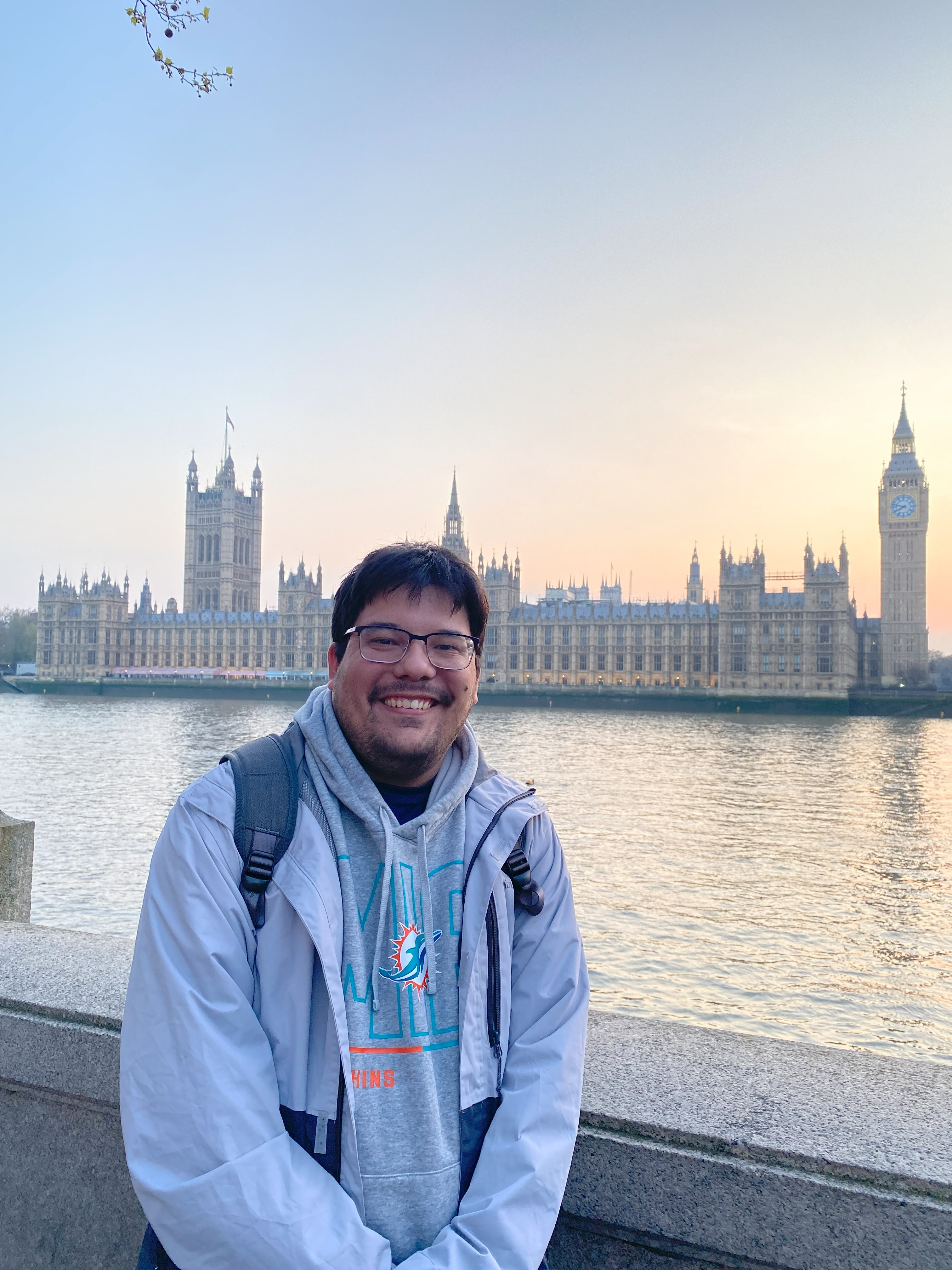U.S. Rep. Hank Johnson seeks to protect artists’ lyrics from prosecutors

U.S. Rep. Hank Johnson hopes legislation he introduced recently will protect artists from their lyrics being used against them. The action comes as Fulton County prosecutors have cited Young Thug and Gunna lyrics in a 56-count indictment alleging gang and racketeering activity, although Johnson didn’t comment specifically on that case.
He and U.S. Rep. Jamaal Bowman, a fellow Democrat who represents New York’s 16th district, teamed up on the Restoring Artistic Protection Act (RAP Act). It would limit the admissibility of artists’ lyrics or expressions as evidence in federal court cases.
“To use rap lyrics without proper context in prosecutions, it’s highly prejudicial and deprives the accused of a fair trial,” Johnson said. “I was a criminal defense lawyer for 27 years before I went to Congress so I understand how the deck is stacked against the accused in criminal cases.”
The RICO indictment naming Atlanta rapper Young Thug, whose real name is Jeffery Williams, and Gunna, whose real name is Sergio Kitchens, cites lyrics including, “I never killed anybody, but I got something to do with that body,” from Young Thug’s 2018 song “Anybody” featuring Nicki Minaj. It also cites the verse, “We got ten-hundred round chopper,” from Gunna’s 2020 song “Fox 5″ featuring Lil Keed.

Johnson did not comment on the indictment but in a release about his proposed RAP Act, cited a ruling in a Philadelphia case that granted a motion to preclude evidence of lyrics. In that case, authorities wanted to introduce the lyrics of an aspiring artist facing gun possession charges.
“Artists use the first-person as a tool of creative expression, sometimes to describe themselves, sometimes to describe a fictionalized version of themselves and sometimes to describe a fictional character,” a ruling in that case stated. “Freddy Mercury did not confess to having ‘just killed a man’ ... Bob Marley did not confess to having shot a sheriff. And Johnny Cash did not confess to shooting ‘a man in Reno just to watch him die.’”

When announcing the indictments in May, Fulton County DA Fani Willis said the First Amendment was “one of our most precious rights” but that it did not protect someone from having their own words become evidence in a criminal proceeding.
Clare Norins, director of the University of Georgia School of Law’s First Amendment Clinic, said it’s concerning to see artistic expression being used as evidence in court proceedings.
“From a First Amendment perspective, I think it is concerning that artistic expression is being turned against the creators of that expression and used to criminally prosecute them,” Norins said.
Since 2020, Johnson said in the release about the proposed legislation, prosecutors in more than 500 criminal cases have used artists’ lyrics as evidence against the artist.
“This is not new, the use of Black culture against a Black person in court,” he said. “It continues to this day where prosecutors say things to incite a jury’s or a judge’s prejudice, to appeal to their prejudice and it helps the prosecutor’s case to do that.”
The bill would impact federal cases. If passed, prosecutors would still be able to use lyrics as evidence but would have to show they were intended literally and prove that cited lyrics refer to specific criminal acts.
“It puts some guardrails in place, so that artistic expressions, including rap lyrics, cannot be indiscriminately used against an accused as to deprive the accused of a fair trial,” Johnson said.
Similar bills have been passed in some states, including New York.
Norins said rap is an art form that also tends to be a form of political speech.
“It’s very chilling, particularly on rap artists, who may want to write about fictional events that involve violence or other kinds of crimes and it’s not autobiographical,” she said. “It’s storytelling in the form of an art form and it’s being used against them as if it’s their diary or something.”
Multiple music industry groups, including the Recording Academy, Recording Industry Association of America, Universal Music Group, Sony Music Group, Warner Records and many others have pledged support for the RAP Act.
“The artistic communities sees the threat to their ability to exercise their First Amendment freedom of expression, so they support any measure that would protect their ability to engage in their artistry,” Johnson said. I have no idea how long it will take but I’m committed to seeing it through to the finish line.”



